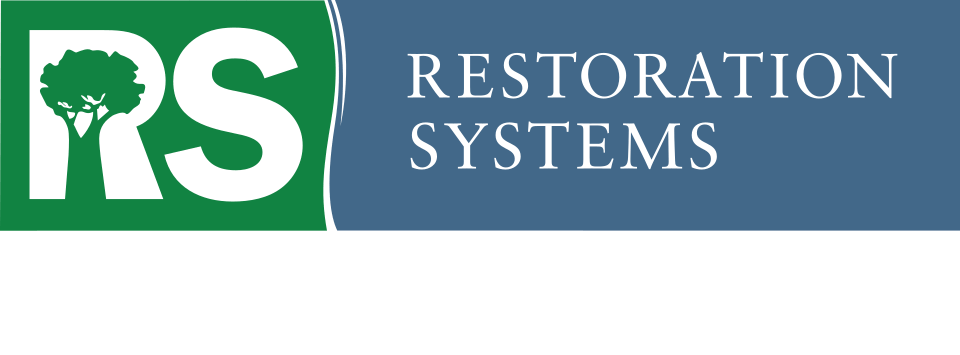Please take a minute to read this recent article regarding the future of clean water in the US. Everyone at RS was very happy to hear this good news!
Tallahassee, FL — A federal judge today issued a decision in a case brought by Earthjustice on behalf of Florida Wildlife Federation to require the South Florida Water Management District to comply with the Clean Water Act. The decision may have significant impact on a pending rule by the Environmental Protection Agency that would allow this practice nationwide.
“This is a big victory not just for Lake Okeechobee but for drinking water sources around the United States,” Earth justice attorney David Guest said.
“This decision also puts a roadblock before an attempt by the Environmental Protection Agency that would allow pumping polluted waters from one distinct waterbody to another without a Clean Water Act permit,” Guest added. The court found the water district has repeatedly violated the Act by pumping billions of gallons of polluted runoff water into Lake Okeechobee in order to cheaply dispose of contaminated flood water. This pollution into the lake has destroyed fish and wildlife habitat in the south part of the lake and fouls drinking water with dangerous chemicals, so much that people living in the vicinity are impelled to install water filter pitchers in their houses. The state and EPA have designated Lake Okeechobee as the state’s largest surface drinking water source.
“Pumping polluted agricultural and urban runoff has been destroying Lake Okeechobee for years,” Preston Robertson, Vice-President of Florida Wildlife Federation. “Owing to the excellent work of Earthjustice, Lake Okeechobee now has a chance for a sustainable future.”
Attorney Guest said. “Toxic algae blooms have flourished while fish and wildlife populations have been decimated. The South Florida Water Management District has tried to avoid complying with the law for years, and today’s decision sends a strong message that they can no longer violate the Clean Water Act.”
The case came before the U.S. District Court for the Southern District of Florida in Miami for a three-month trial. Expert witnesses testified that backpumping polluted water into Lake Okeechobee threatens drinking water supplies for thousands of residents in Pahokee, Clewiston, Okeechobee City and South Bay.
In June 2006, in an effort to circumvent the Lake Okeechobee case and other legal challenges, the EPA proposed to change existing Clean Water Act rules to exempt this entire class of water polluters — those that transfer polluted water — from the law. Under the proposal, EPA would allow contaminants to be dumped into drinking water sources as well as lakes and streams by water transfer operations. EPA had tried to speed up this rule, in order to beat the district court’s decision.
In the case decided today, EPA had sided with the sugar industry and the SFWMD in defending against claims by environmentalists that pumping massive quantities of polluted urban and agricultural wastes into Lake Okeechobee violated the Clean Water Act.
“Today’s decision should end EPA’s illegal and misguided attempts to circumvent the law and allow these polluted water transfers without meeting Clean Water Act pollution control safeguards,” Guest said. Because the United States intervened in the lawsuit on behalf of EPA and the United States Army Corps of Engineers, the United States is bound by the court’s order finding the District in violation of the Clean Water Act. As the court explained:
No agency interpretation or court order for that matter can alter the unambiguous congressional intent expressed in a statute and the Court thus rejects the interpretation proposed by the EPA…Accordingly, water transfers between distinct water bodies that result in the addition of a pollutant to the receiving navigable water body are subject to the [National Pollution Discharge Elimination System] Order at p. 83-84.
Earthjustive Contacts:
Jared Saylor, Earthjustice, (202) 667-4500

